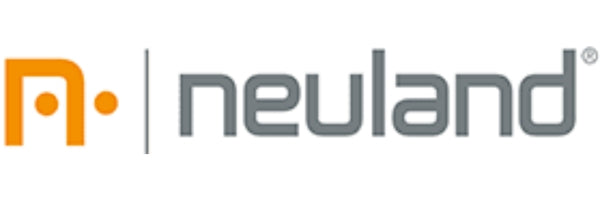
Appreciative questioning techniques for seminars and workshops
The quality of an answer depends on the question asked. You can use questions to initiate thought processes, get to the heart of a process and activate hidden knowledge. Even in tension-free situations, it is an art to ask questions. If the conversation is about a critical topic that may even involve a high level of personal involvement, the skillful and appreciative use of various questioning techniques is particularly important.
Inviting questions: the open question
The open question provokes answers in all possible forms because it is not very specific. Evasive and superficial answers are also possible. The open question is therefore suitable as an invitation, as a probe and as a "warm-up". In addition, an open question can reveal inner motivation. The interviewee can rephrase the question and express what is really important to them.- What topics should we cover today?
- How much time do you have?
- What is important to you?
The interviewees can associate freely and weigh up what they would like to say at a later date. This allows them to open up at their own pace.
Solution-oriented questions: The target question
The target question gets straight to the point. It shows what is to be achieved. The target question can be asked on several levels. For example: emotional goal, formal goal and objective goal. The goal question is always directed towards the future and therefore leads away from problems and causes. Solution-focused short-term therapy uses this questioning technique almost exclusively in order to allow clients to dwell consistently in an atmosphere of possibilities.- What goal should we achieve today?
- At the end of today's session, how do you want our collaboration to have proven itself?
- What makes the goal appealing to you?
Inner reflection immediately leads to a constructive idea of what can be achieved. Inner images of the target state can emerge. The last question in particular goes a long way towards motivating, self-imposed goals.
Problem-oriented questions: The objection question
Although it is problem-oriented, the objection question is the most important solution-oriented question. Provided that the objections that arise are taken seriously and dealt with.Objections indicate that something - subjectively - does not fit or does not yet fit. Objections can arise from your own person, your environment or from the topic itself. Behind every objection there is always a positive intention, on the basis of which new solutions, suggestions or points of view can be offered.
- What objections are there to ...?
- What speaks against proceeding in this way?
- Where will we fail?
The participants check internally how coherent a solution or a contribution to the discussion is. They also check their own position. Consciously inviting objections increases the willingness to address critical issues.
Card booklet tip: Questions in moderation
54 questioning techniques for meetings, moderations, personal discussions and workshops. Each topic is visualized by a concise ink drawing that symbolically illustrates the respective content. And brought to the point by practical explanations with suggestions for reflection and action. This makes the topics accessible to the senses, the images stick in the mind and invite you to make your own associations.
Order in the Neuland Shop














